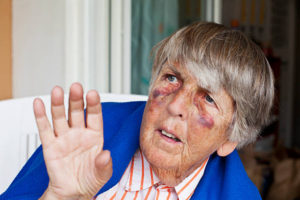SENIOR NEWS LINE
by Matilda Charles
Many of us haven’t been eating right lately. Sometimes the stores are out of what we want; sometimes we can’t get an available pickup time. But there are a few other safe options for getting what we need.
Community Supported Agriculture: Farmers near you like to know in advance if their crops will have a market once it’s time to harvest, and they sell “subscriptions” that allow you, as a shareholder, to pick up fresh food once a week. Do an internet search for “community supported agriculture” in your area. Look for ones that sell more than just vegetables. Some also have eggs, butter, bread, jams, flowers and meat.
Farm Stands: You’ll see these along the road — a small farmer or gardener who sells his produce at the end of the driveway out of a small stand. Stop and take a look, and ask questions. Most of them will have a limited variety, but it will all be fresh, probably picked just that morning. You might have to point to the items you want so they don’t have people touching the food. That’s a safety point you’ll appreciate. Ask about other foods that will be available, and make it a point to stop by.
Farmers Markets: These could be a dozen or more farmers who congregate in specified town locations on certain days, each with a stall or table. They will likely have a specialty, with carrots and plants here, and honey and potatoes there. Many will have homemade goods such as breads and jams, and some will have meat in coolers. Chances are you’ll be asked to use a credit, EFT or EBT card to keep from handling cash. Some vendors will have their items prewrapped so they’re untouched.
Plants can make all the difference in how we feel in our environment. Check your local nursery’s website for small plants you can either have delivered or pick up at the curb. Some of the easiest to grow are pothos, spider plant and philodendron. Beware, however, if you have pets. Be sure you can either hang up your plant or put it up on a bookcase where the pet can’t reach it.
Books we enjoyed a long time ago can take us back to a time and place that was calm and safe. Look on your own bookshelves or consider getting an e-reader (look for my recent column on using a Kindle) if you don’t want to take a chance going into your own library, assuming it’s open.
Baking can fill the house with lovely smells. Since finding flour is impossible in many parts of the country, look online for hundreds of recipes that don’t require flour. No-flour banana bread, flourless chocolate cake … you can even make oatmeal muffins. Just be certain you can acquire all the ingredients before you set your heart on making a recipe.
(c) 2020 King Features Synd., Inc.


